
🔊 Hearing Loss: What Really Helps — And What Doesn’t

- Gradual decline starting around age 60
- Affects high-frequency sounds first (like “s,” “f,” “th”)
- Caused by wear and tear on inner ear hair cells
✅ Not reversible — but hearing aids help significantly.
2. Noise-Induced Hearing Loss
- From loud concerts, machinery, headphones at high volume
- Damages delicate sensory cells in the cochlea
- Often starts subtly — no pain, just gradual muffling
🛡️ Prevention: Wear ear protection; follow the 60/60 rule (60% volume, max 60 minutes)
3. Earwax Buildup (Cerumen Impaction)
- One of the few reversible causes of hearing loss
- Wax blocks sound from reaching the eardrum
- May cause fullness, ringing, or mild pain
✅ Treatment: Safe removal by a healthcare provider — never use cotton swabs or DIY drops without guidance.
🚫 Warning: Over-the-counter ear drops may soften wax — but if you have a perforated eardrum, they can cause infection.
4. Ear Infections (Otitis Media or Externa)
- Fluid buildup behind the eardrum (common in children)
- Swimmer’s ear — infection in the ear canal
- Causes temporary hearing loss until resolved
🩺 Treated with antibiotics or anti-inflammatory drops — under medical supervision.
5. Inner Ear or Nerve Damage
- Includes conditions like Ménière’s disease, acoustic neuroma, or sudden sensorineural hearing loss
- Sudden hearing loss is a medical emergency — seek care within 72 hours
⚠️ Steroid treatment may help — but time is critical.
✅ What Actually Improves Hearing?
💡 Early intervention leads to better outcomes.
❌ Debunking the Myths
🚨 When to See a Doctor
Don’t ignore these red flags:
- Trouble understanding conversations, especially in noise
- Asking people to repeat themselves
- Turning up the TV or phone volume
- Ringing in the ears (tinnitus)
- Sudden hearing loss in one ear
🩺 Your primary care provider may refer you to an audiologist or ENT specialist for testing.
Final Thoughts
You don’t need to accept muffled sound as part of aging.
But you also don’t need to believe in miracle cures.
So if you're noticing changes in your hearing… don’t wait. Don’t self-treat with unknown drops.
Instead: Talk to a professional. Get tested. Explore real solutions.
Because real connection isn’t about perfect hearing. It’s about listening deeply — to others, and to yourself.
And that kind of presence? It begins with one brave decision: To hear life again.
News in the same category

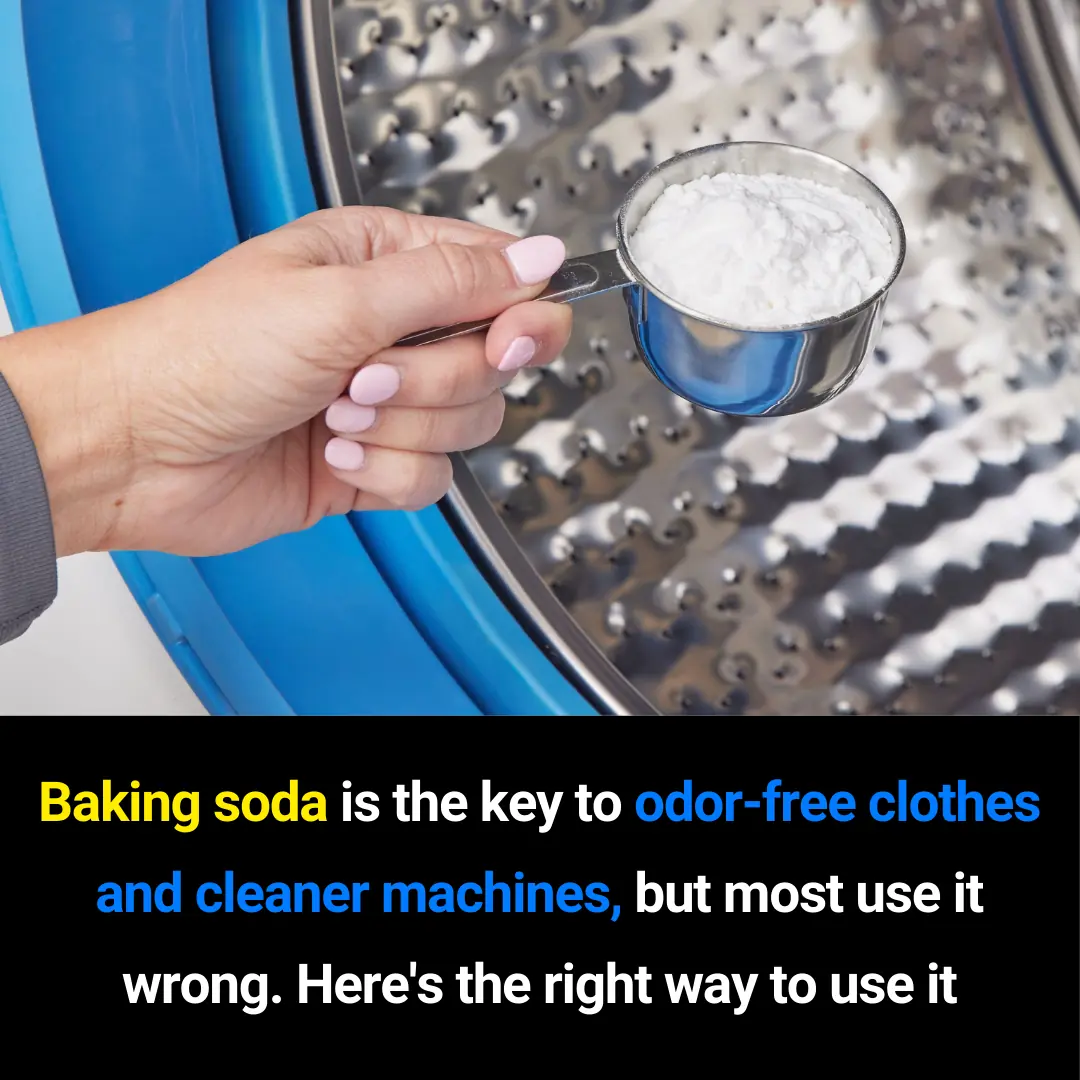
How to Use Baking Soda Correctly in Laundry – Simple Tips for Odor Removal, Cleaning, and Machine Care

Tips for boiling potatoes without sugar but still sweet, many people do not know

When cooking spinach soup, should you squeeze it after washing it or wash it first?

Boiling chicken with boiling water or cold water: Seems simple but 9 out of 10 households do it wrong, causing the chicken skin to crack.

3 tips to make green, non-mushy, moist pork rolls

Tips to help reduce the pungent smell of onions when you need to use them

When stewing beef, remember to add this, the meat will soften quickly when cooked.

Tips for growing carrots in foam boxes for high yield
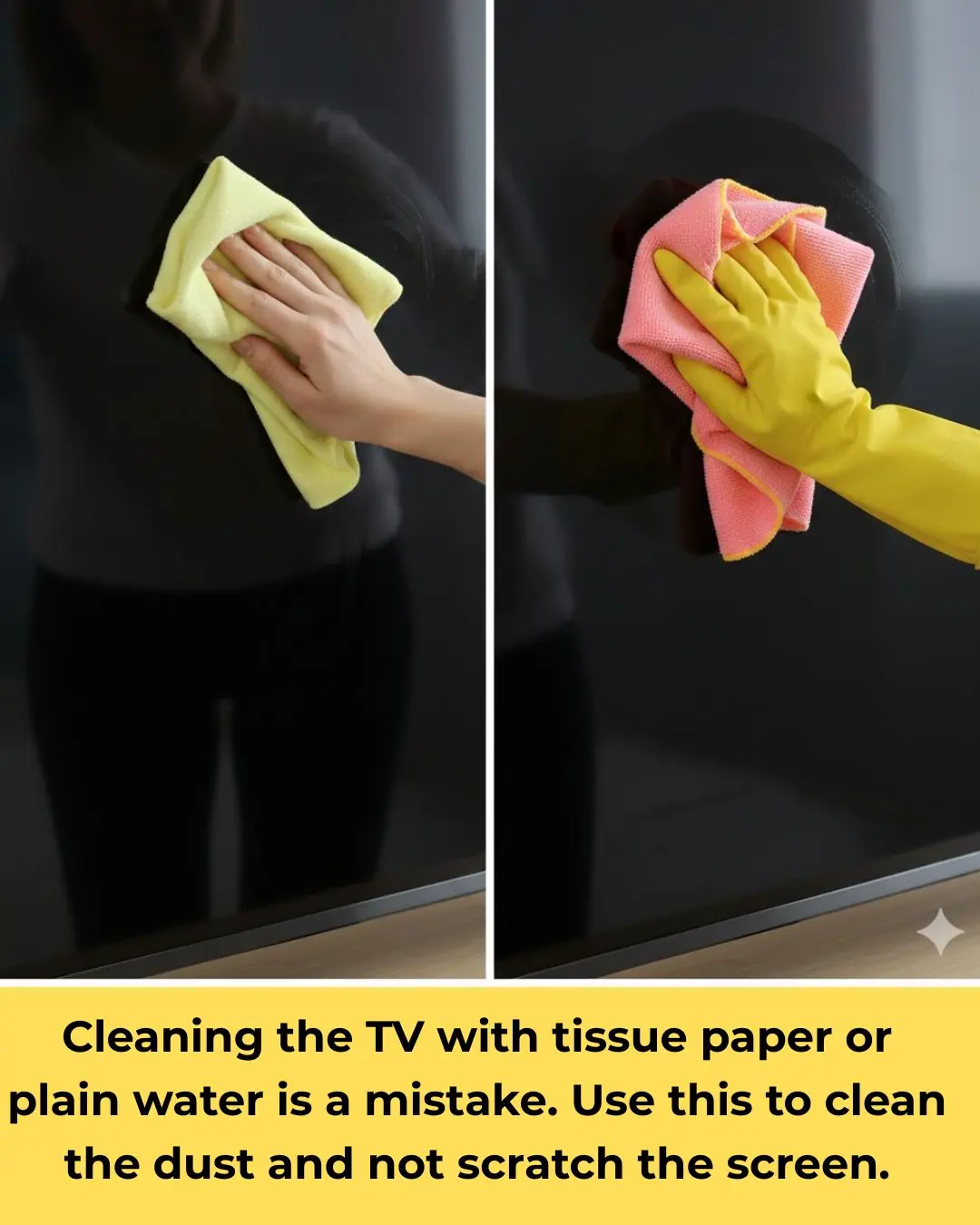
Cleaning the TV with tissue paper or plain water is a mistake. Use this to clean the dust and not scratch the screen.
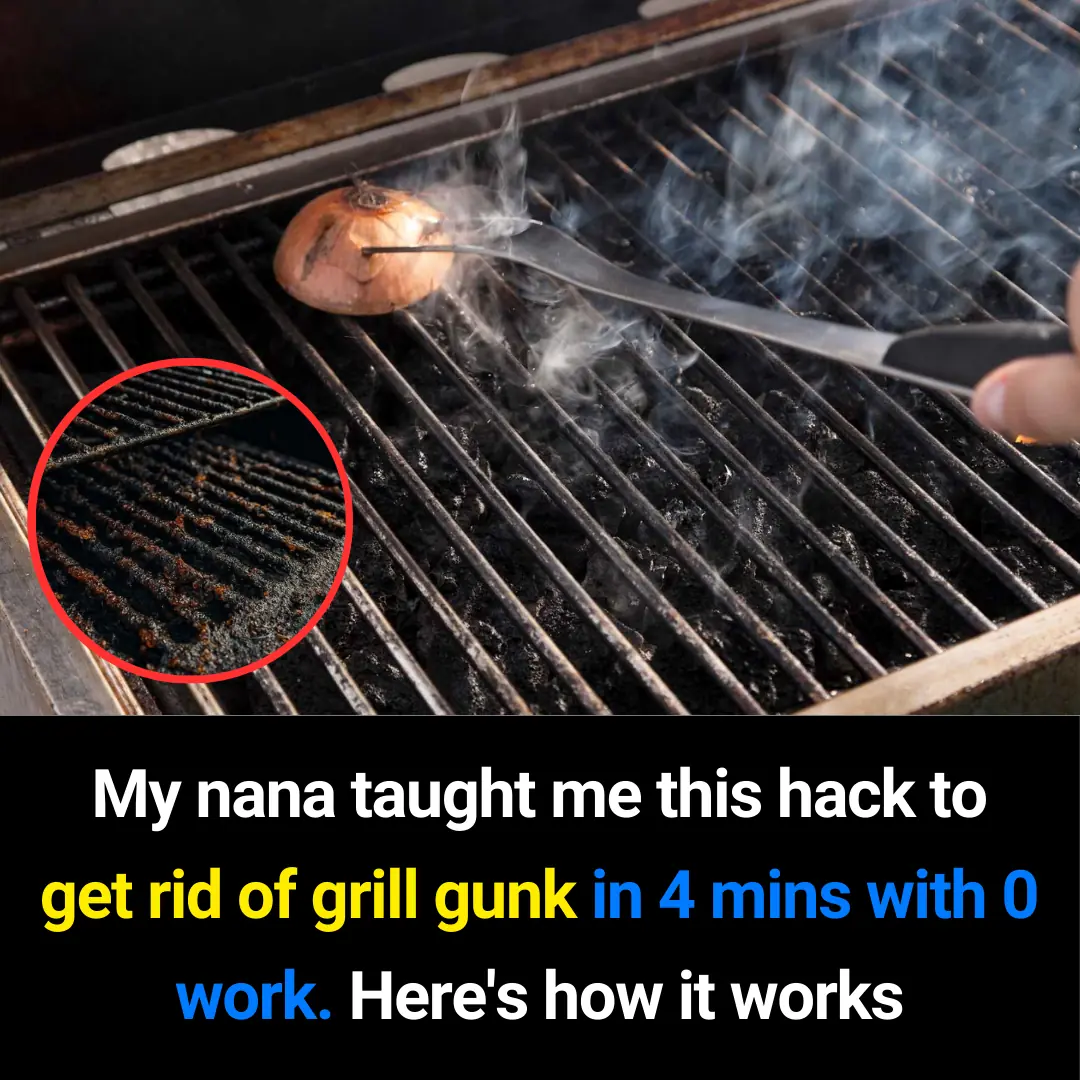
A 4-Minute, Zero-Effort Hack to Clean Grill Gunk – The Simple Trick My Nana Taught Me
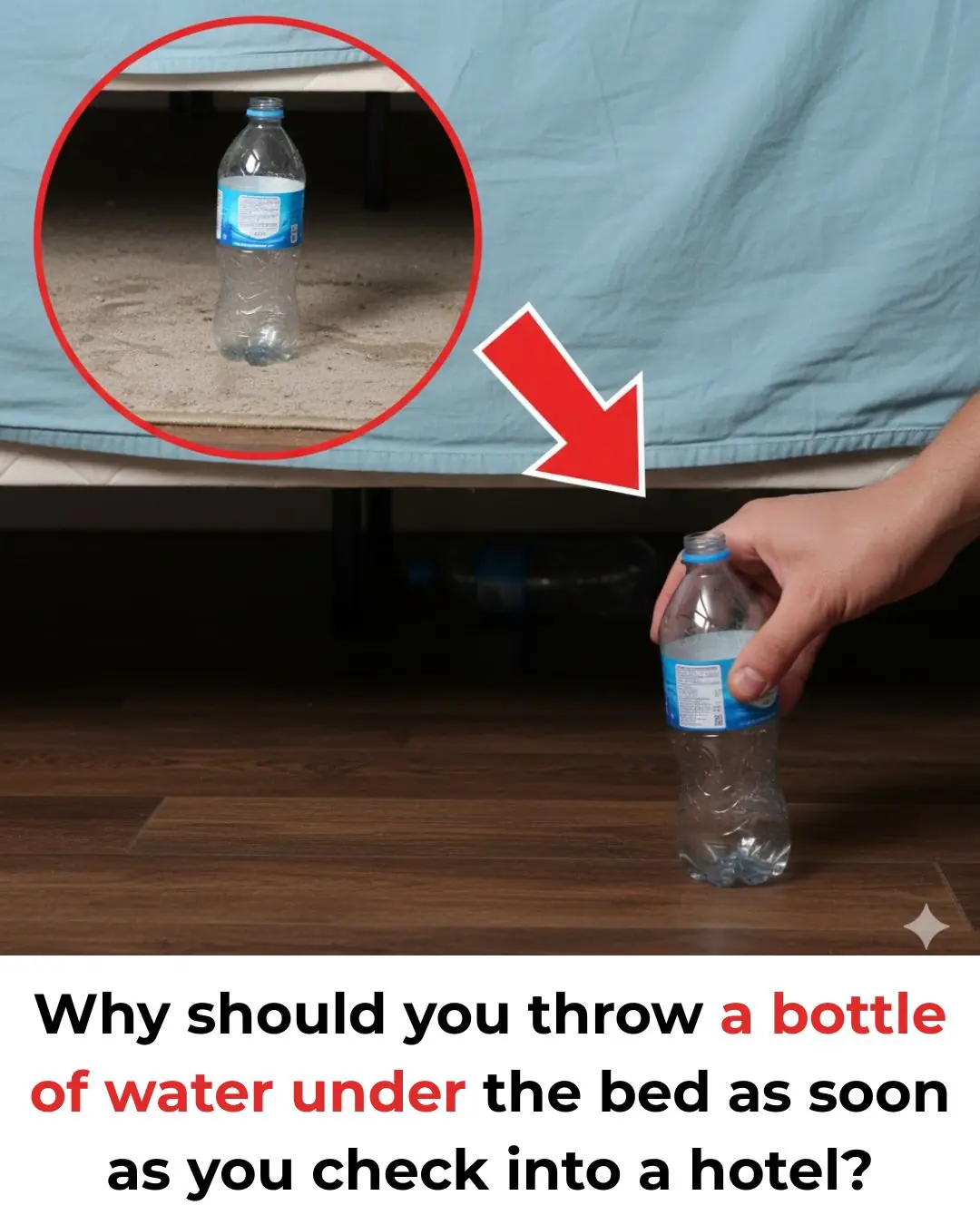
The Under-Bed Test: A Quick Trick to Ensure Your Hotel Room Is Safe and Clean
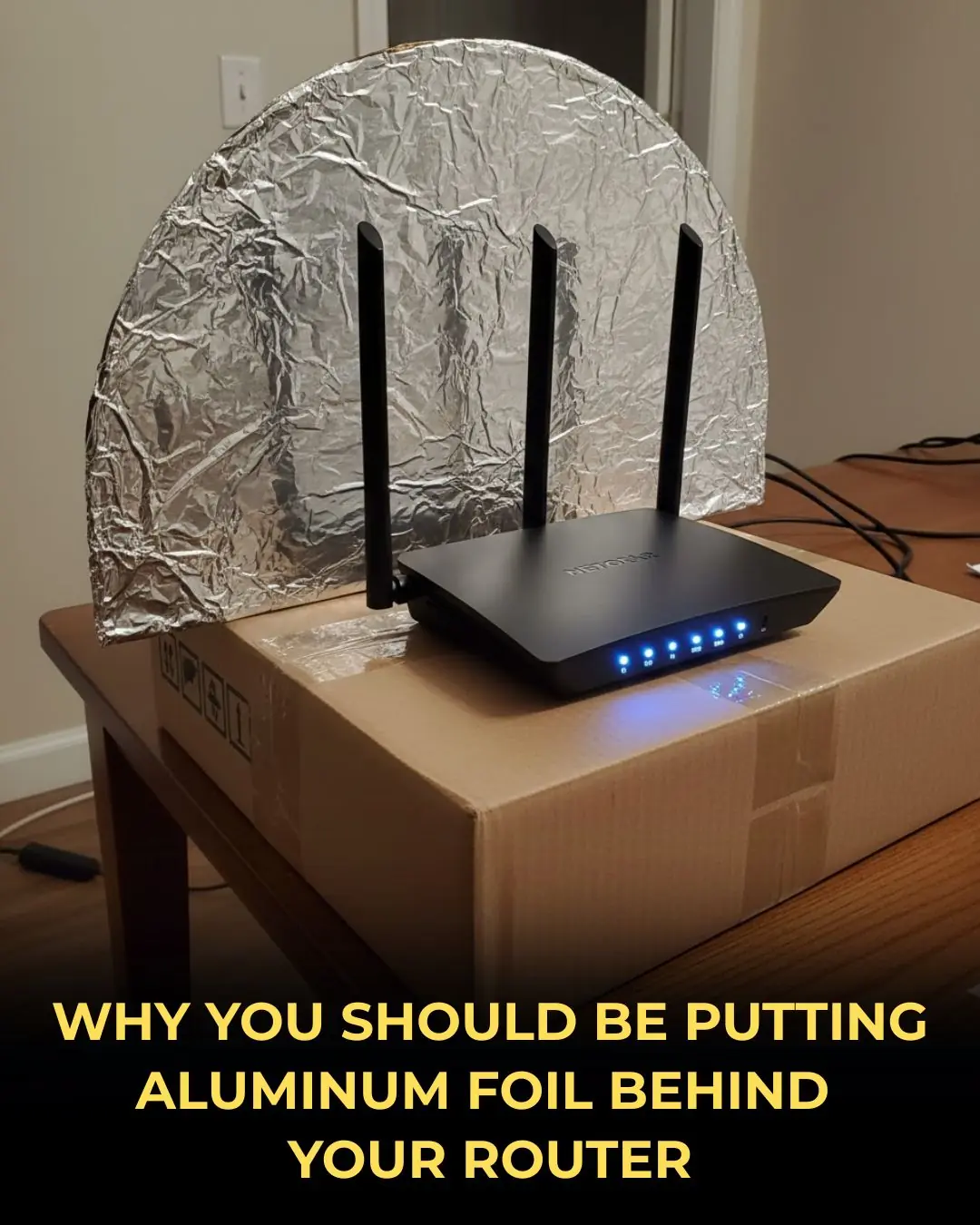
Boost Your Wi-Fi Speed with This Simple Aluminum Foil Trick

If your beef turns out tough, don’t marinate it with salt. Use this ingredient instead to make it tender and richly flavored

Secret to quickly tenderizing beef, making any dish delicious

When pickling cucumbers, don't just use salt and boiled water that has cooled down: Use this to get crispy, delicious, and golden-yellow cucumbers in just 1 night.

A great way to defrost meat, just 3 minutes and all the ice will melt, the meat will be fresh and delicious like new.
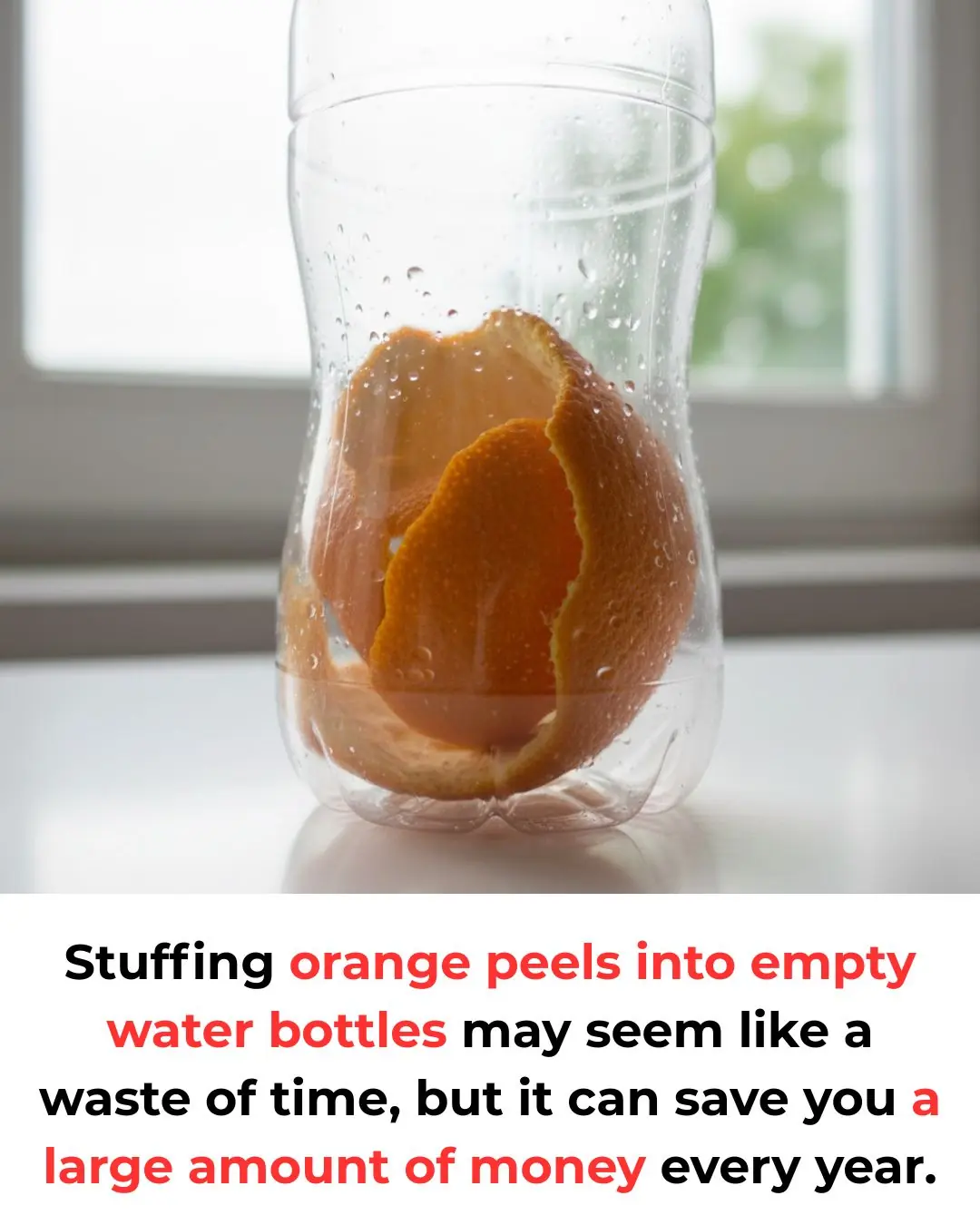
Stuffing orange peels into empty water bottles may seem like a waste of time, but it can save you a large amount of money every year.

When boiling duck, don't add ginger and cold water: Add this and the meat will lose all its stench, and you won't get tired of eating it.

How to make steamed chicken with lemongrass, golden brown chicken, soft and delicious, irresistible
News Post
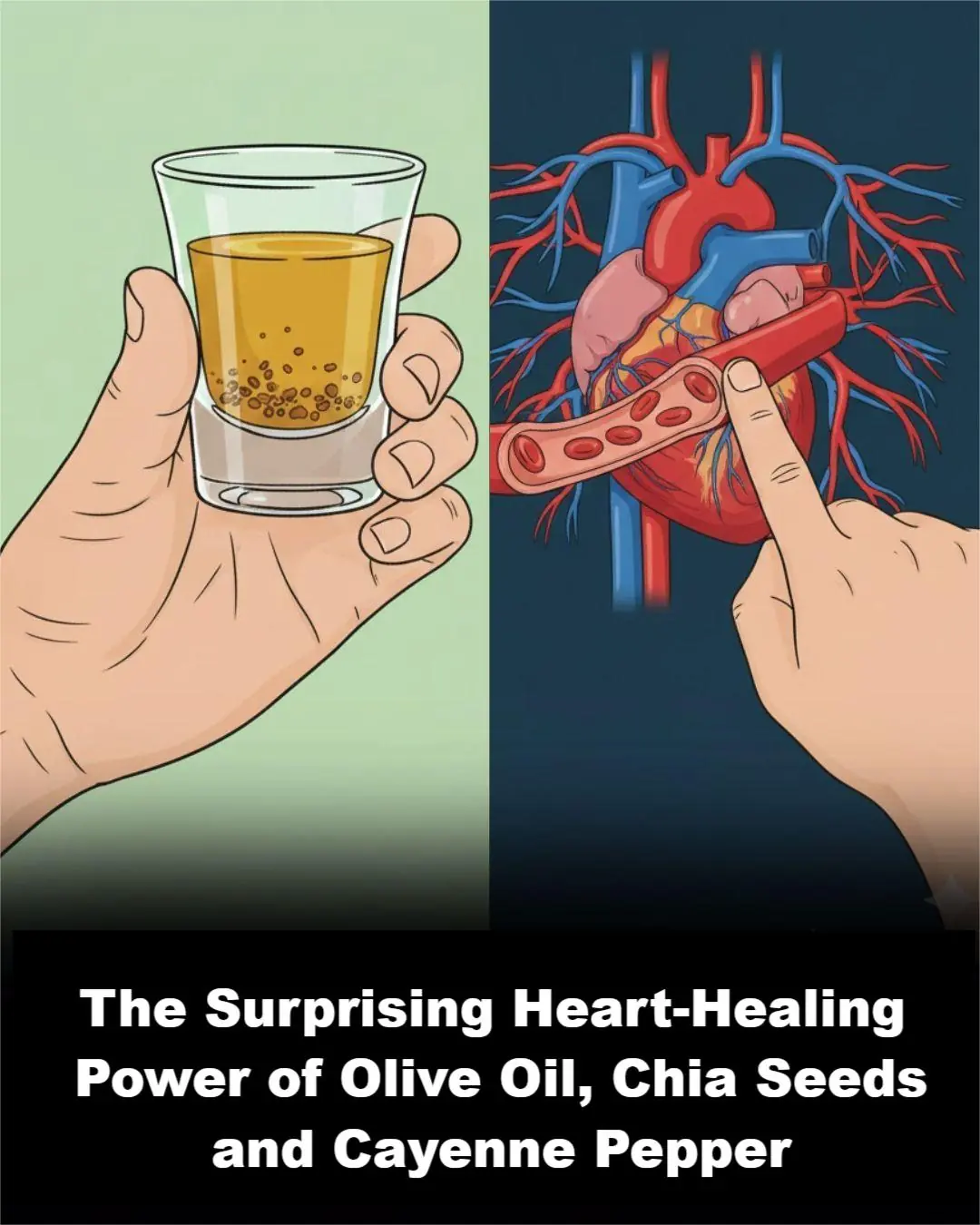
The Surprising Heart-Healing Power of Olive Oil, Chia Seeds, and Cayenne Pepper
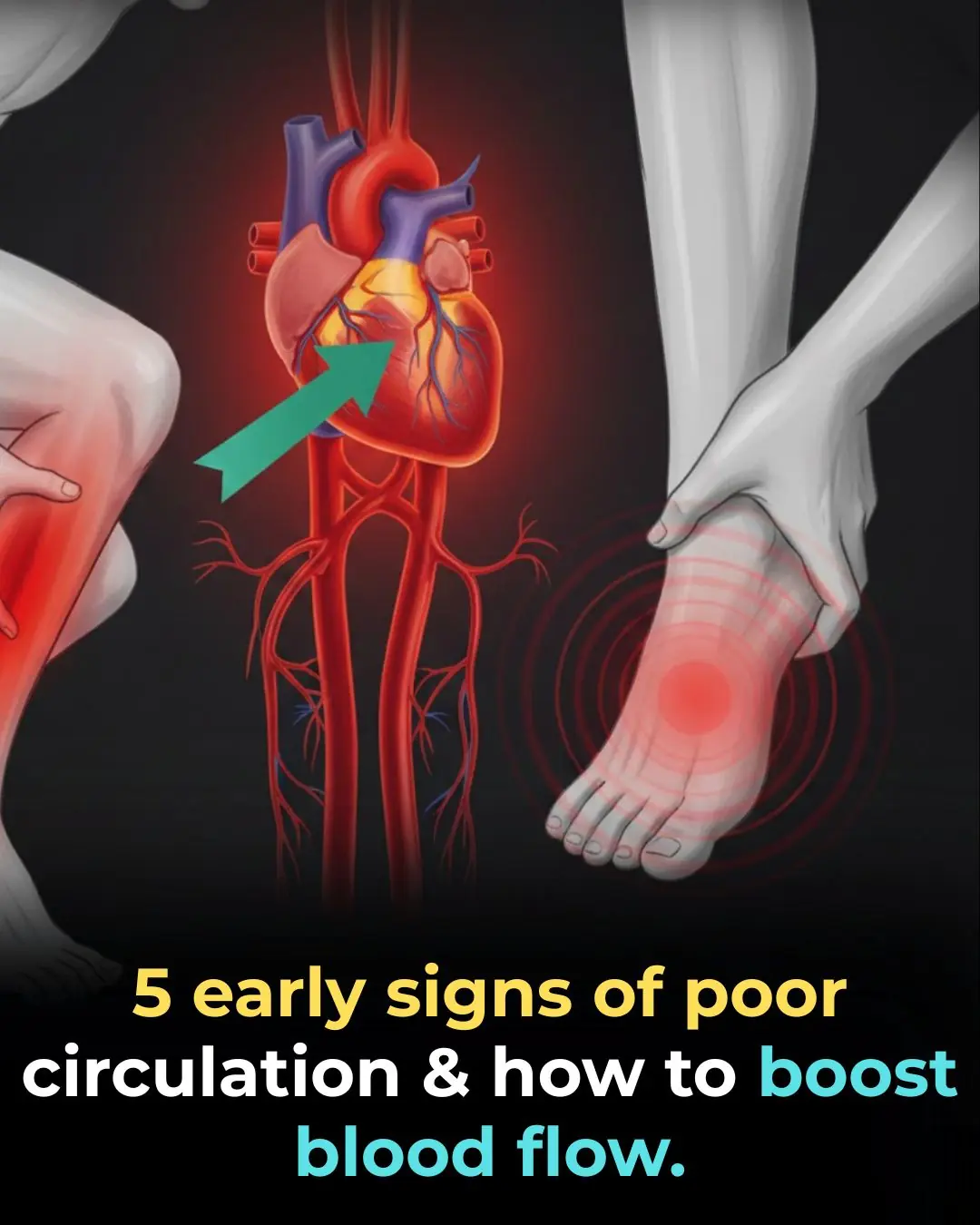
5 early signs of poor circulation & how to boost blood flow

How to Use Garlic to Get Rid of Pests: Mice, Flies, Lice, Cockroaches, Lizards, Mosquitoes, and Kitchen Cockroaches
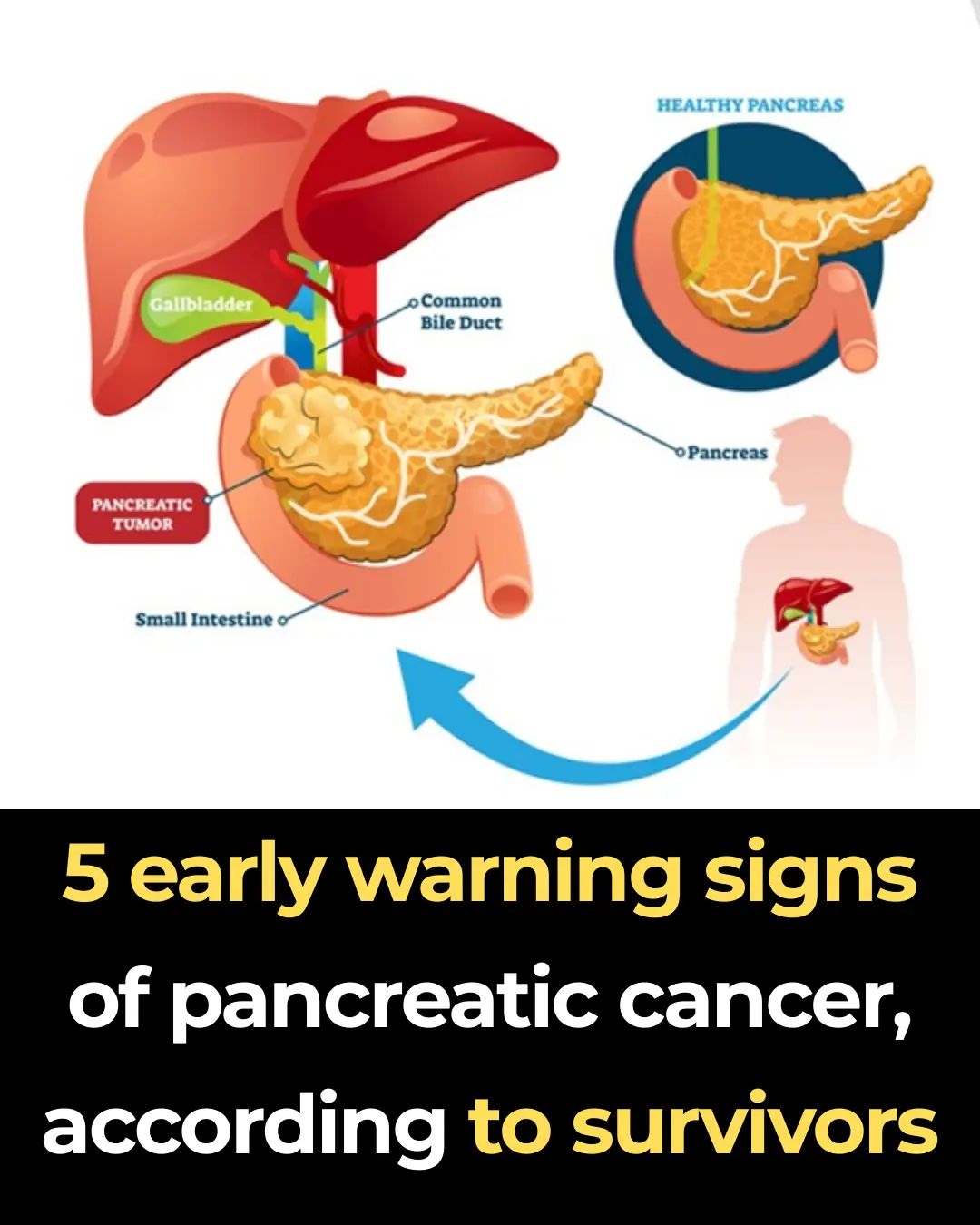
5 early warning signs of pancreatic cancer, according to survivors
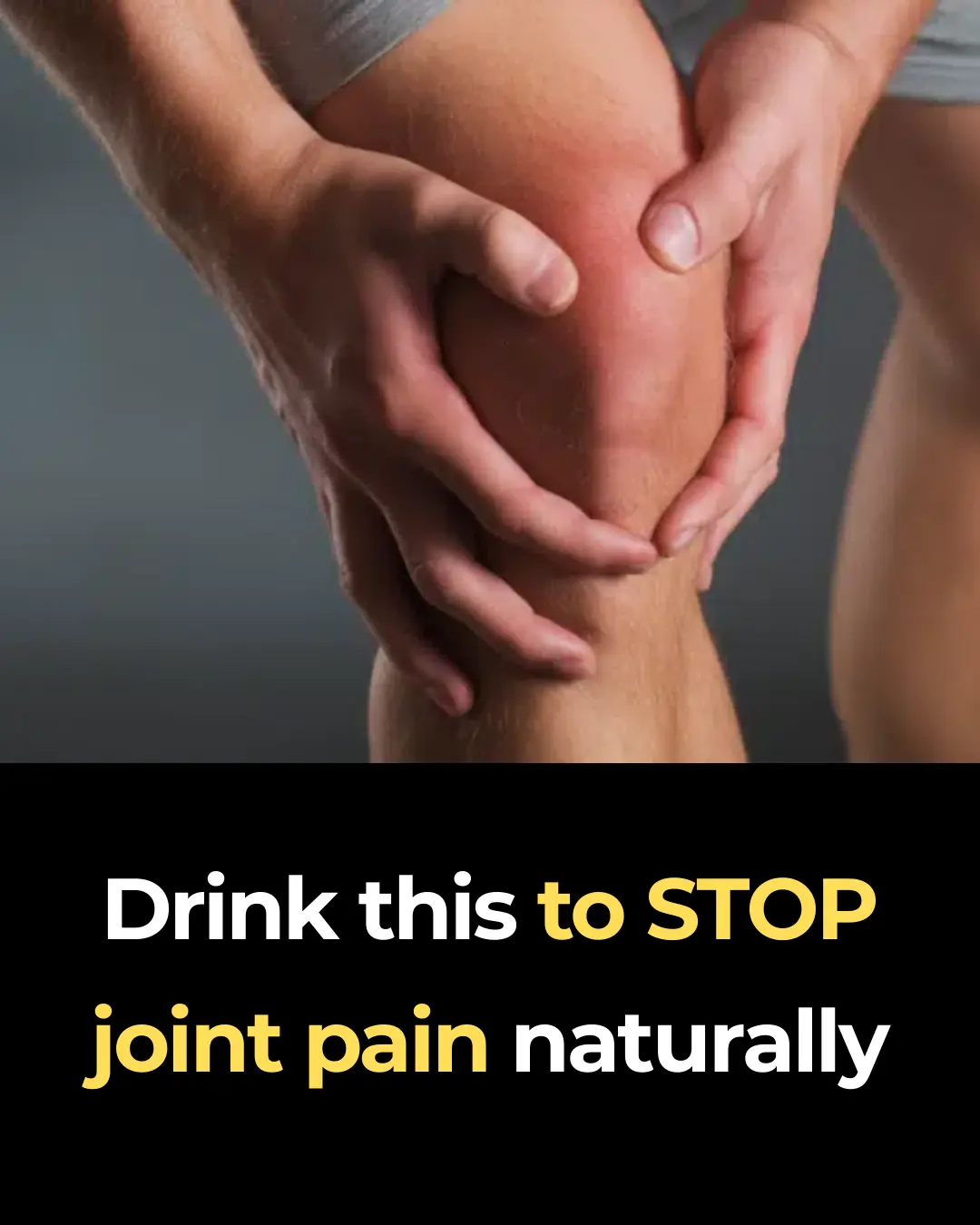
Drink this to STOP joint pain naturally
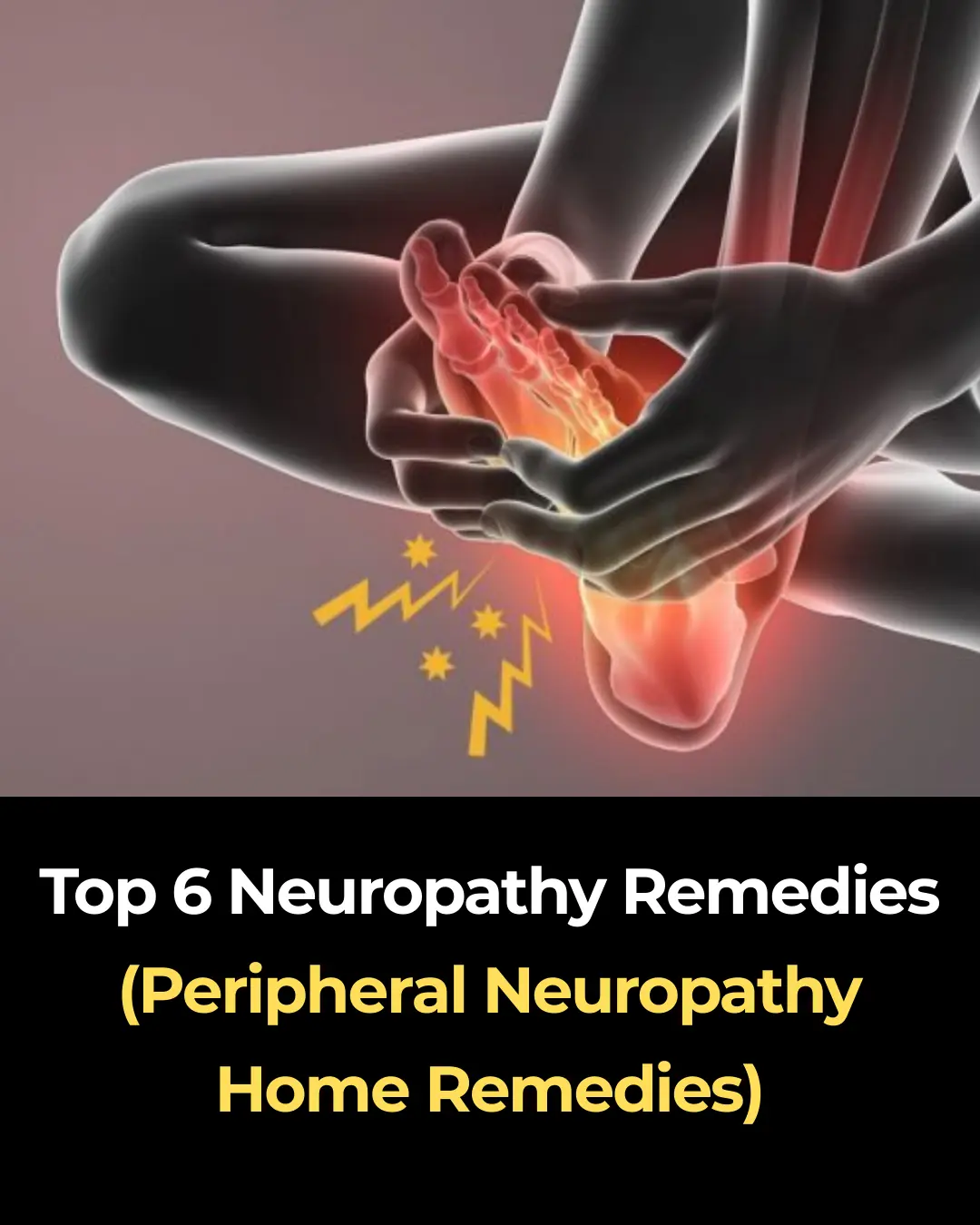
Top 6 Neuropathy Remedies (Peripheral Neuropathy Home Remedies)
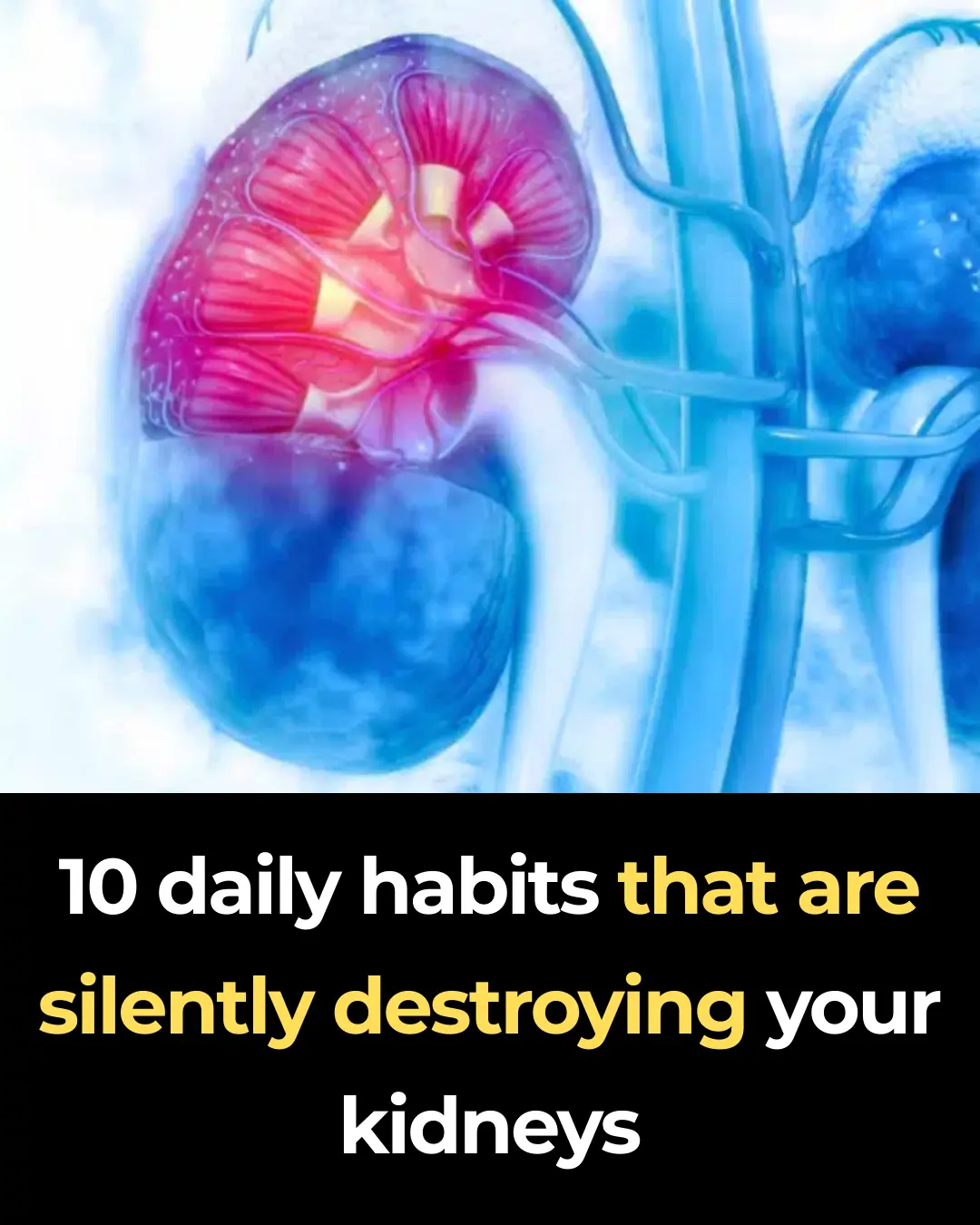
10 daily habits that are silently destroying your kidneys

Pineapple Mango Ginger Lemon Juice: Benefits, Nutrition & How to Make It

Saffron boosts mood and libido naturally
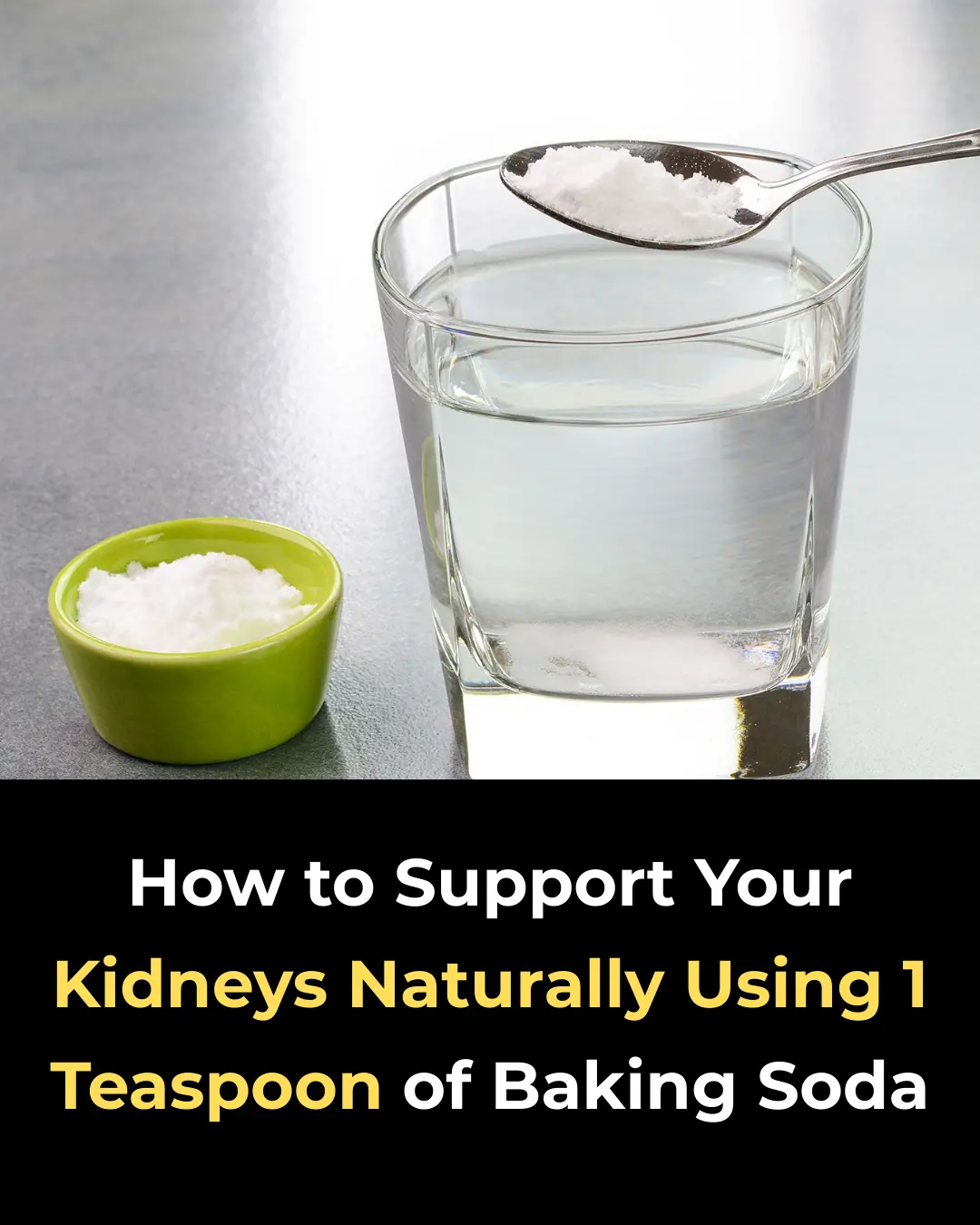
How to Support Your Kidneys Naturally Using 1 Teaspoon of Baking Soda

Can a Honey–Chia Drink Support Kidney Health? Benefits, Recipe & Daily Tips

Euphorbia Hirta (Asthma-Plant): Traditional Uses, Applications & Emerging Insights
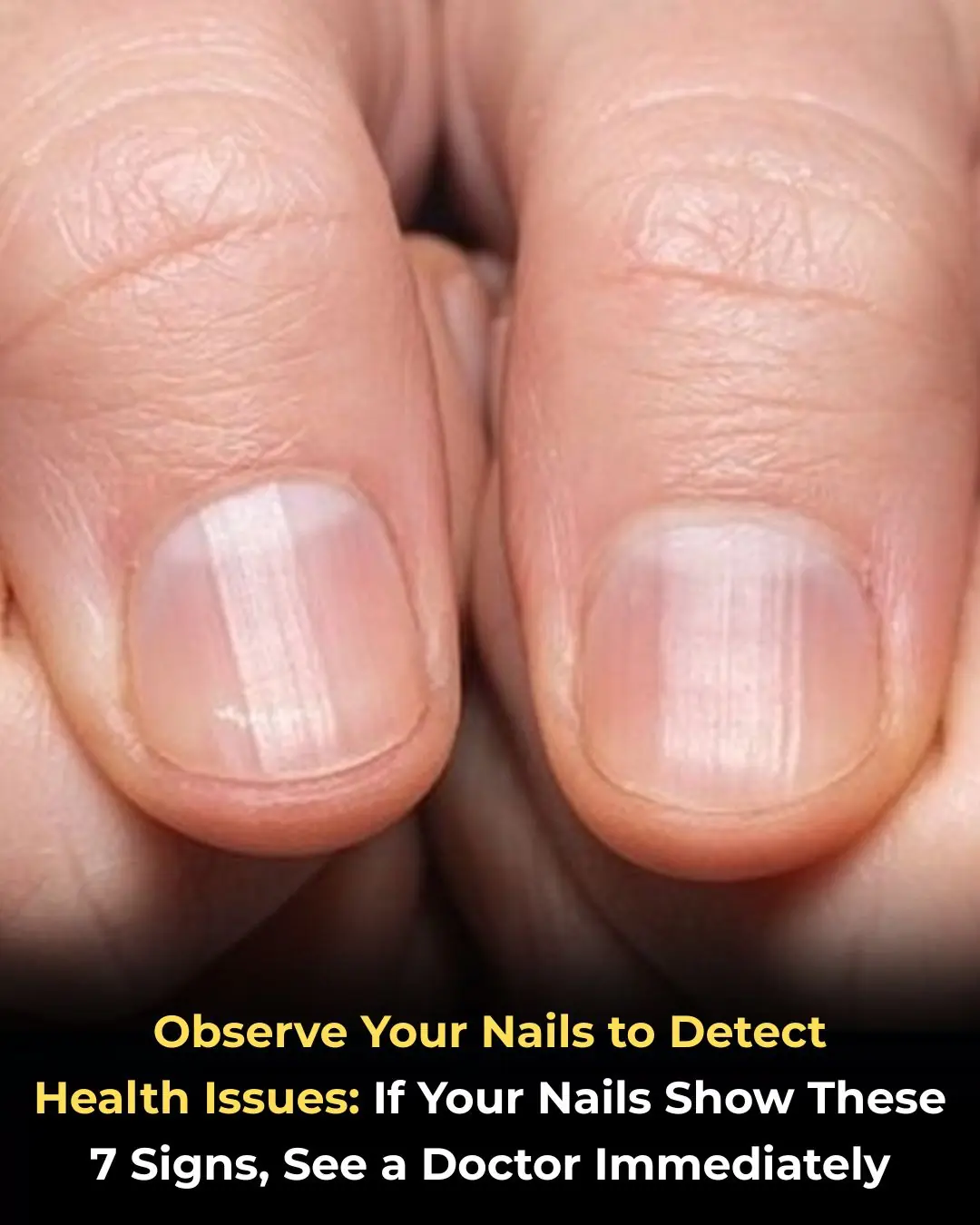
Nails: What Do They Reveal About Your Health
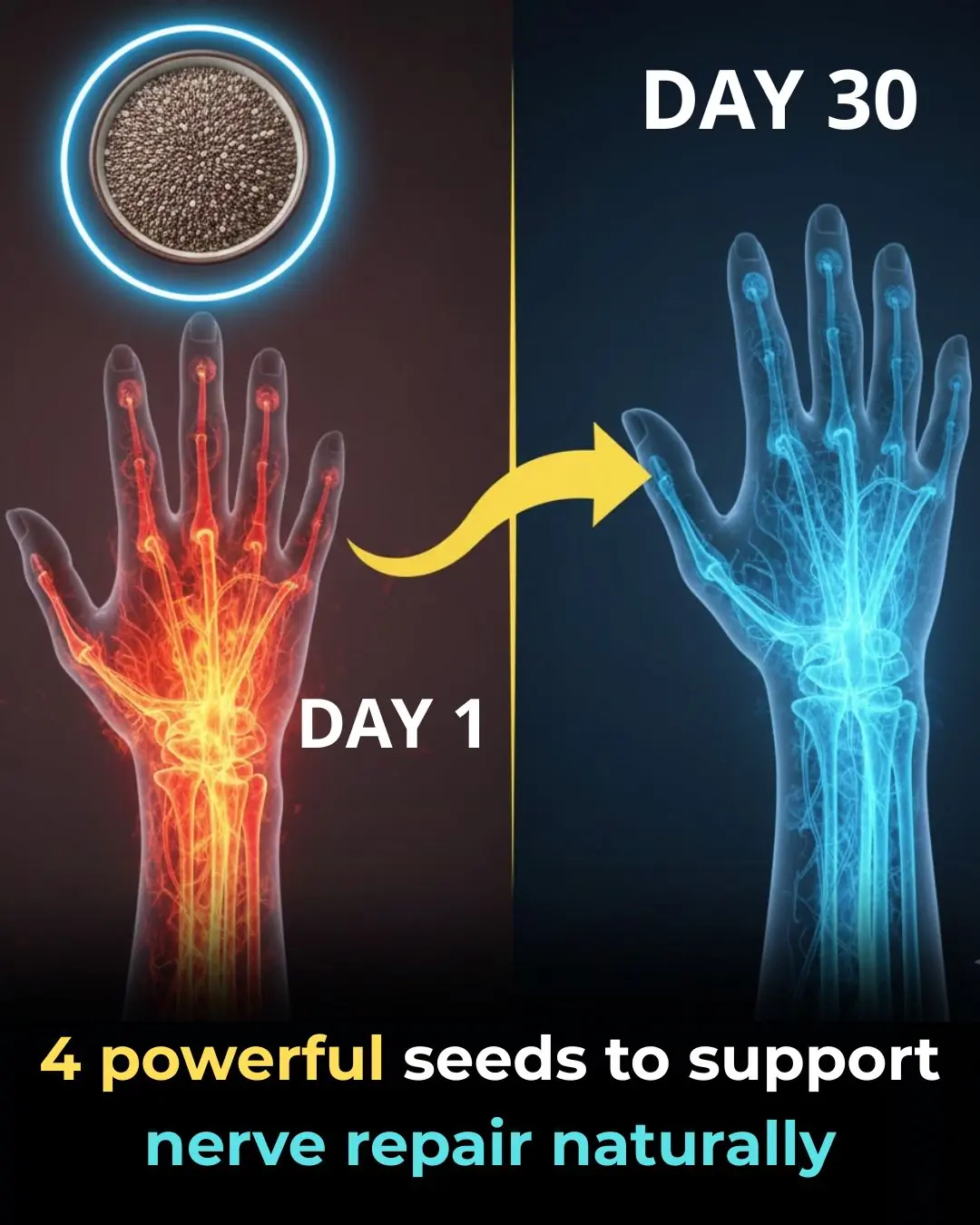
The surprising power of 4 seeds to repair your nerves naturally

Don’t Throw Away Date Seeds – Here’s Why They’re So Powerful

Avocado Seed: Cleanse Your Body and Strengthen Your Heart Naturally

Stop Shaving! Discover Natural & Long-Lasting Hair Removal for Face & Body

Why wood—not diamonds—is the universe’s rarest treasure

A Nearby Earth-Sized World Raising New Hopes for Habitability
